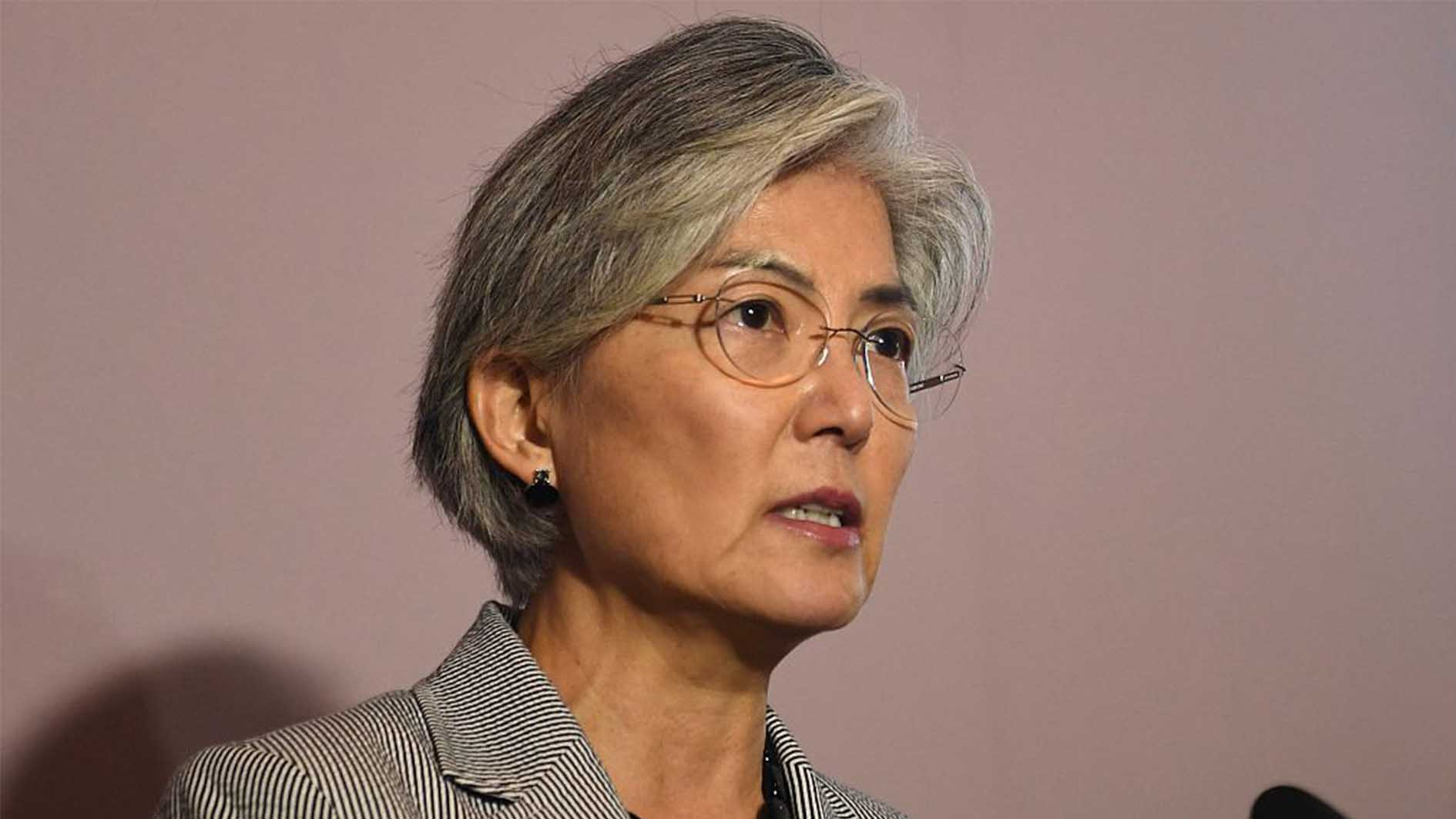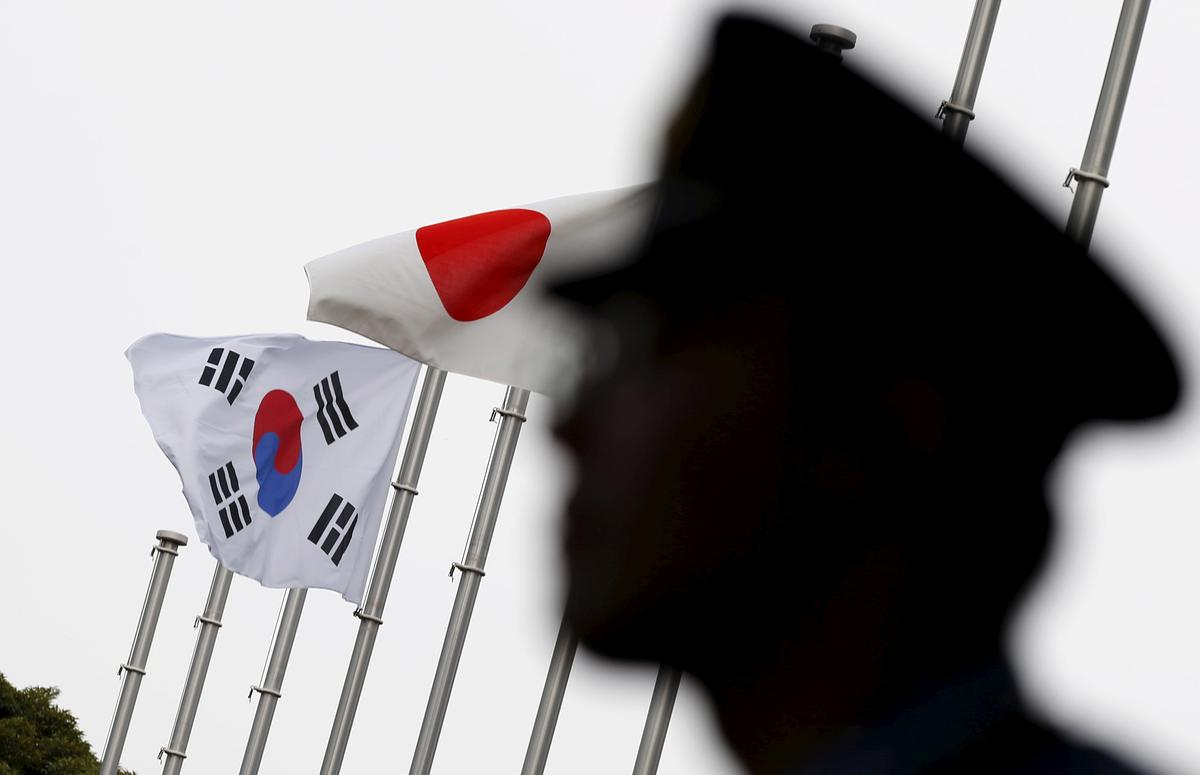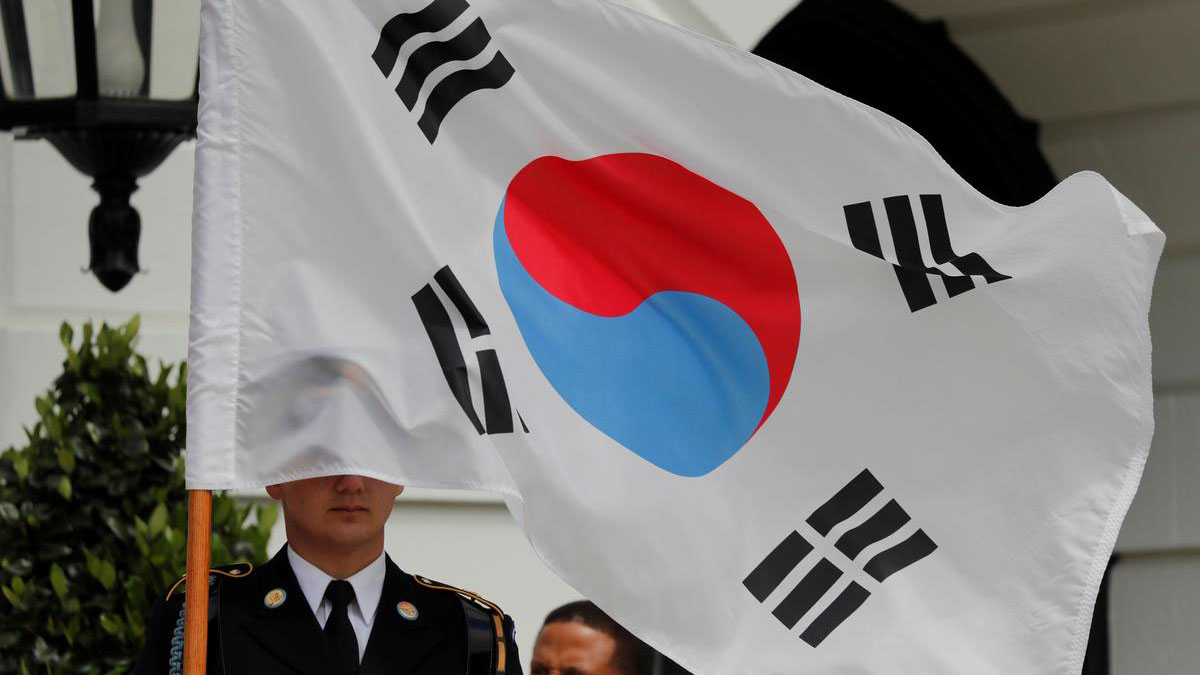

South Korea is exploring all options in a bitter trade row with Japan, including scrapping an intelligence sharing pact, but wants a cooling-off period with Tokyo, South Korea Foreign Minister Kang Kyung-wha said on Saturday.
Speaking in Bangkok during the ASEAN foreign ministers' meeting, Kang Kyung-wha said southeast Asian countries are also vulnerable to rising protectionism. The trade dispute between Japan and South Korea took a turn for the worse on Friday, when Tokyo's cabinet approved a decision to remove South Korea from a white list of favored trading partners.
"These measures taken by Japan could inflict serious damage on the regional economies in our region. Under these circumstances, we really need to do everything we can to expand trade rather than shrink it, and that is indeed the fundamental principle of free trade," she said.
The move drew widespread criticism in South Korea. Analysts say the dispute has the potential to hamper global tech supply chains, including the prices of smartphones and other gadgets.
Read more: The South Korea, Japan trade spat has global implications

A police officer stands guard near the Japanese and S. Korean national flags at a hotel, where the S. Korean embassy in Japan is holding a reception to mark the 50th anniversary of the normalization of ties between Seoul and Tokyo, in Tokyo, June 22, 2015. /Reuters Photo
S. Korea may revoke military information-sharing pact as countermeasure
Additionally, South Korea may consider revoking a military information-sharing pact as a countermeasure, said the South Korean official at the Bangkok meeting.
The accord, the General Security of Military Information Agreement (GSOMIA), facilitates three-way intelligence gathering with Washington and is crucial for both South Korea and Japan in dealing with any nuclear and missile threats. The deal is automatically renewed annually on Aug. 24.
"GSOMIA plays a quite significant part in three-way security cooperation," said the official told reporters on the sidelines of a regional security forum in Bangkok.
"We've made clear that for our part, we are in a situation to put all options on the table."
Kang Kyung-wha: a "cooling-off period" with Japan was necessary
The trade dispute has intensified since Japan imposed curbs last month on exports to South Korea of three high-tech materials needed to make memory chips and display panels, threatening the global supply chain.
The move was seen as a response to a South Korean court ruling last year that ordered Japanese firms to compensate some of their wartime forced laborers, though Tokyo cited unspecified security reasons.
Japan says the issue of forced labor was settled by a 1965 treaty that normalized ties between the two countries.
The South Korean official said a "cooling-off period" with Japan was necessary to craft a solution.
"The export curbs confined room for diplomacy for both sides. The situation is now even more difficult due to another retaliatory measure," said the official, referring to Japan's actions on Friday.
"It's difficult to think about a long-term strategy under such a heightened, agitated situation."

Seoul to add over 200 mln U.S. dollars extra to budget as conflict escalates
As the trade row between South Korea and Japan continues to escalate, Seoul has announced it will add an extra 200 million U.S. dollars to its budget.
On Friday, parliament already passed a 4.8-billion-U.S.-dollar supplementary budget. This means a total of 5 billion U.S. dollars have been added to support economic growth and lessen the impact of Japan's export curbs.
South Korean Prime Minister Lee Nak-yon has condemned Japan, saying that Tokyo has "crossed the line" in the trade dispute. But, Japanese Foreign Minister Taro Kono says maintaining effective export controls is Japan's responsibility as a member of the international community.
(With input from Reuters)

Copyright © 2018 CGTN. Beijing ICP prepared NO.16065310-3
Copyright © 2018 CGTN. Beijing ICP prepared NO.16065310-3